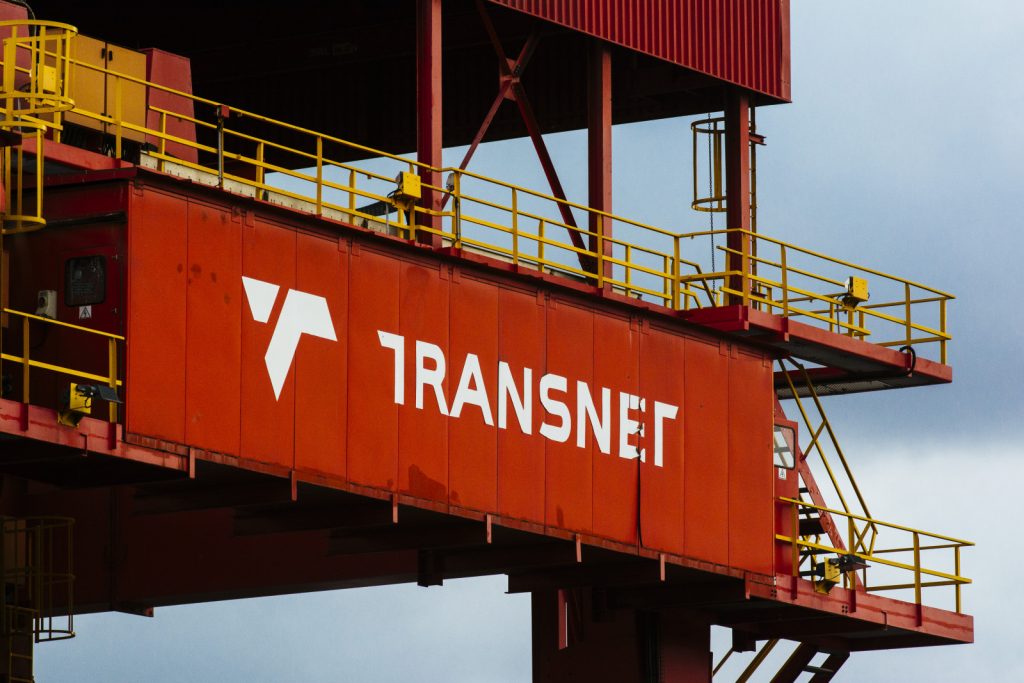

Transnet has defended its pick to run its Durban Pier 2 container terminal in the wake of a court challenge by snubbed bidder APM Terminals.
During a media briefing on Transnet’s recovery plan on Friday, the parastatal’s board chair, Andile Sangqu, underlined that having a private sector partner manage the terminal “is a longstanding priority of national government”.
Last July, Transnet selected Philippines-based International Container Terminal Services Incorporated (ICTSI) as the preferred bidder to partner in a 25-year joint venture to develop and upgrade the terminal, marking the first major step towards the privatisation of South Africa’s ports.
A lot is riding on Transnet’s privatisation efforts, with the treasury’s support being on the condition that the parastatal implements reforms.
But a month after Transnet announced that its board had approved the contract’s finalisation, it emerged that APM Terminal — a unit of Danish shipping company Maersk’s transport and logistics division — applied for an interdict to prevent the deal from going ahead.
“The process of selecting ICTSI was rigorous. It was competitive. It was fair and it complied with our governance standards,” Sangqu said on Friday.
Michelle Phillips, Transnet’s recently appointed group chief executive, gave some detail about the nature of the APM Terminals challenge.
According to Phillips, APM Terminals has contended that ICTSI could not have met the criteria outlined in Transnet’s bid, questioning the Filipino company’s ability to meet the contract’s financial requirements.
Like Sangqu, Phillips emphasised that Transnet had done its due diligence ahead of the deal’s finalisation.
“The due diligence exercise was concluded successfully, which means the outcome of that exercise was that the bidder … does have the financial capability to meet the financial obligations in respect of the bid,” she added.
Phillips also spoke about why the deal has taken so long to finalise. “Maybe it is important for everyone to realise that it really is the first time that Transnet is involved in these types of Transactions. Before we got involved in these transactions we also had to put in place the framework that would govern how we would transact with the private sector … And a lot of work was spent getting that framework together.”
Last December, the treasury granted Transnet a R47 billion guarantee to assist the parastatal with implementing its recovery plan.
But the support comes with conditions, including that Transnet divest non-core assets, reduce its current cost structure and explore alternative funding models, including joint ventures.
Phillips said Transnet is working closely with the treasury to ensure it complies with the conditions.
Sangqu had this to say about Transnet’s reform efforts: “Even if we do have these kinds of setbacks, our resolve and our determination to proceed with private sector participation … is unflinching and unwavering.”